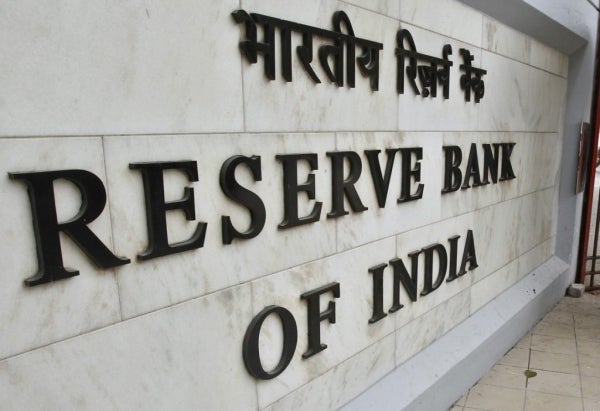
India’s finance ministry (FinMin) is anticipated to provide capital support of INR200bn ($2.7bn) to a few public sector banks (PSBs) in the third quarter of this year, PTI reported.
The capital infusion – which was recently approved by the Parliament of India – was part of the first batch of Supplementary Demands for Grants for 2020-21.

Access deeper industry intelligence
Experience unmatched clarity with a single platform that combines unique data, AI, and human expertise.
This Grant sought additional spending of a record INR2.35trn ($31.83bn) to meet the expenses brought about by the ongoing Covid-19 pandemic, the report added.
The early funding is aimed at meeting the regulatory capital requirement of the banks in the October to December quarter.
The bank which will need regulatory capital will be decided on the basis of their second-quarter performance.
Moreover, the PSBs already have the shareholders’ nod to raise capital via equity and bonds in this fiscal year.

US Tariffs are shifting - will you react or anticipate?
Don’t let policy changes catch you off guard. Stay proactive with real-time data and expert analysis.
By GlobalDataIt is also worth noting that the Indian government did not commit any capital for the state-owned lenders in the Budget 2020-21.
In the previous financial year, the government funded the PSBs with as much as INR700bn of capital to help boost their credit, the PTI report added.
Of this amount, the Punjab National Bank (PNB) bagged INR160.91bn, Union Bank of India (UBI) received INR117.68bn, Canara Bank got INR65.71bn, and Indian Bank secured INR25.34.
Other state lenders including Allahabad Bank received INR21.53bn, United Bank of India got INR16.66bn and Andhra Bank received INR200bn. These banks were then merged with various PSBs.
Moreover, Bank of Baroda (BoB) raised INR70bn, Indian Overseas Bank (IOB) received INR43.6bn, Central Bank of India got INR33.53bn, UCO Bank got INR21.42bn and Punjab & Sind Bank received INR7.87bn.
The government-owned Life Insurance Corporation of India (LIC)-backed IDBI Bank also secured additional funding of INR45.57bn.
Last week, the Parliament passed amendments to bring the co-operative banks under the supervision of the Reserve Bank of India (RBI), the country’s central bank.
The move is aimed at protecting the depositors’ interest.
It comes after the Indian government decided to bring the urban and multi-state co-op banks under RBI governance, back in June 2020.







